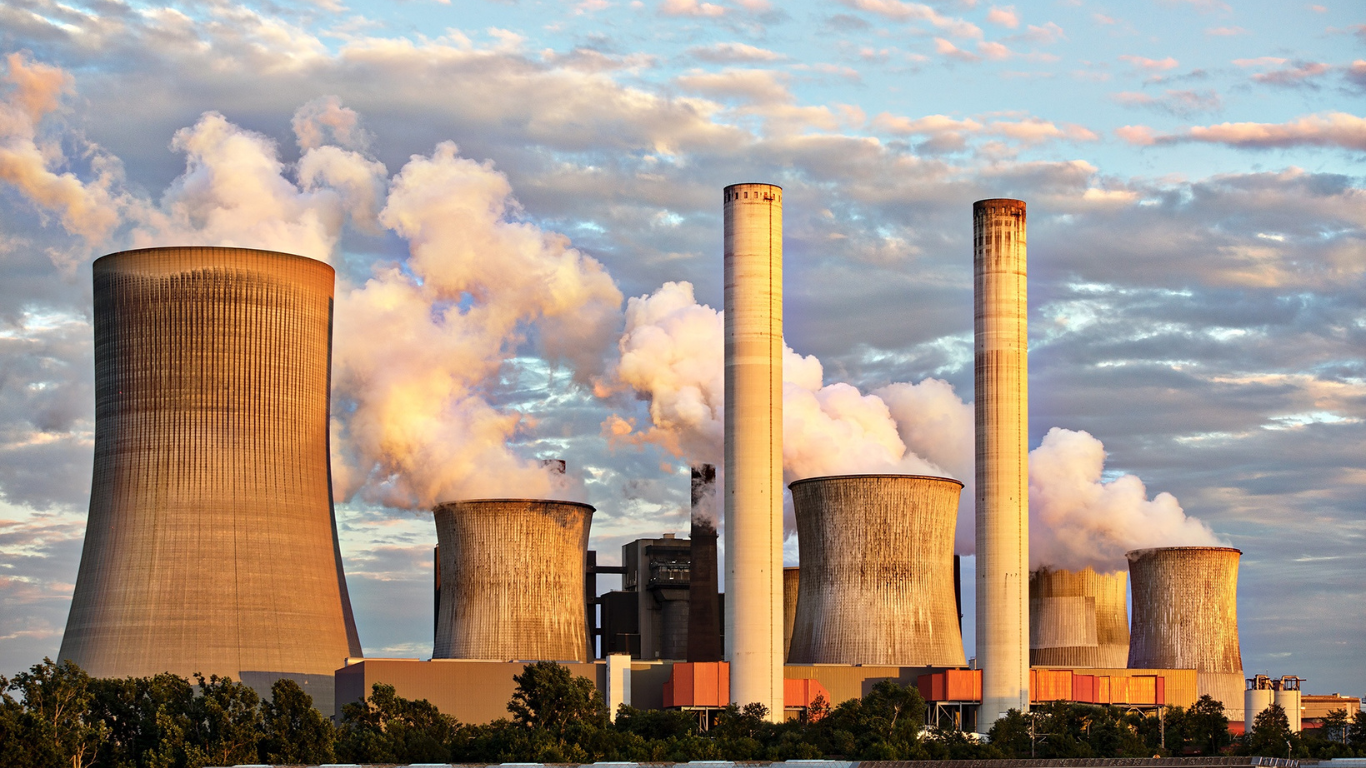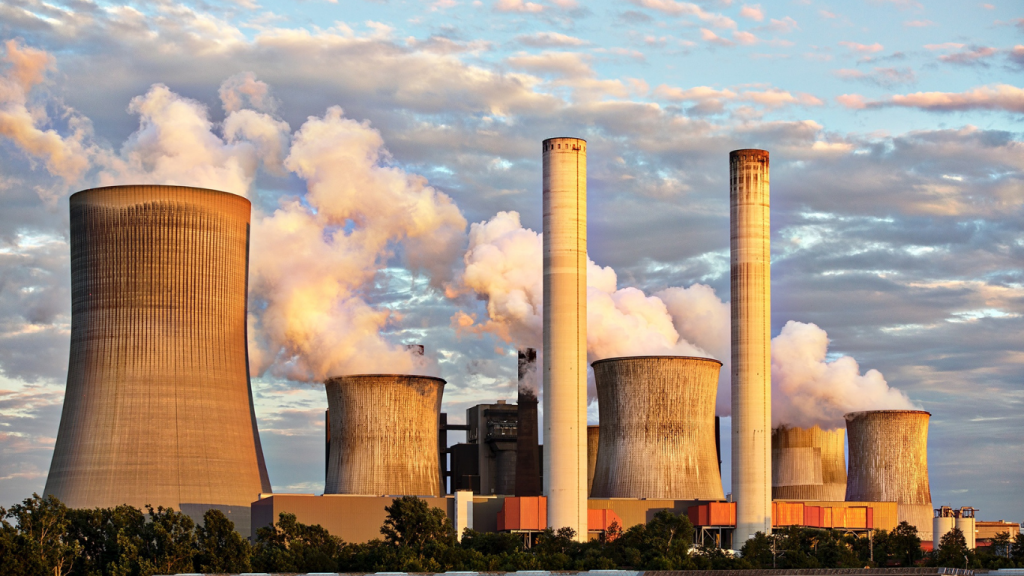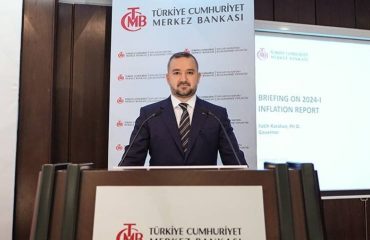

“There is no better time than today to creatively and dynamically turn energy diplomacy into tangible actions based on investment and trade partnerships, following the “win-win” principles.”
Türkiye is surrounded by energy-rich countries and stands as one of the region’s largest energy investors, buyers, consumers, and transit nations. The energy sector involves vast sums of money, impacting vital aspects such as politics, security, trade, technology, intelligence, and finance.
Türkiye, particularly dependent on foreign sources for fossil fuels, faced a 91.6 percent increase in the annual energy import bill, reaching $97.1 billion by the end of 2022 compared to the previous year. Due to a significant decrease in energy prices compared to the previous year, it is estimated to decrease to $71 billion this year, with projections of $77.3 billion in 2024 and $76.3 billion in 2025, barring unexpected crises or tensions.
10 percent of economy allocated to energy imports
These are substantial figures that cannot be easily disregarded or spent without reciprocation. Considering Türkiye’s total economic size, which is expected to surpass $1 trillion for the first time this year, it allocates approximately 10 percent to energy imports. The share of energy imports in total imports is also high, accounting for 20 percent, with petroleum and natural gas constituting 50 percent and 40 percent, respectively, within energy imports. This significantly affects the balance of payments and trade deficit.
The heavy dependence between buyers and sellers not only opens the door to negotiations in the energy field but also extends to political, security, and commercial matters, resembling a “give-and-take” style of bargaining. Large-scale projects, such as the purchase of major weapons systems, orders for passenger planes from BOEING or AIRBUS, and the construction of nuclear power plants costing billions of dollars, do not materialize without obtaining other values and concessions in return.
In 2022, both exports and imports reached their highest levels in the past 27 years, resulting in a trade deficit of $110 billion. Russia tops the list of Türkiye’s import partners, with Turkish exports to Russia increasing by 61.8 percent last year, exceeding $9.3 billion. However, imports from Russia approached $58.9 billion, resulting in a trade deficit of $49.6 billion.
China follows closely in second place with a trade deficit of $45 billion. Between 2018 and 2020, there was a total deficit of $57.4 billion, approximately 3 percent of Türkiye’s 2020 GDP.
Creative solutions are essential
To finance such significant trade or investment deficits, creative solutions beyond previously deployed but ineffective approaches are essential. Examining smartly designed examples from major energy-importing countries reveals the rationale to create reciprocal benefits, including goods, services, joint investments, technology, and construction, in return for the money spent on energy and resource imports. China, in particular, leads in this regard. Chinese companies, with whom I engaged during my recent visit to Beijing, expressed their intention to provide services in construction and infrastructure in exchange for deals on oil, natural gas, and mineral purchases with the Gulf, Africa, and North Africa.
Therefore, Türkiye should make special efforts to create direct or indirect business opportunities in producer and seller countries such as Russia, Iran, Iraq, Libya, Azerbaijan, Kazakhstan, Turkmenistan, Algeria, and Qatar, where it annually incurs tremendous expenses for energy and resource supply.
It is crucial to provide political and financial support to both government and private sector companies in the construction of investments like those in oil, natural gas, renewable energy, minerals, refineries, chemicals, and pipelines. Exploring joint ventures in third countries should also be on the table.
The government must mobilize all available tools and leverage to enable Türkiye, through its national companies that have embraced globalization and made significant strides in this direction, to bring back as much as it spends and create added value, just like Western, Chinese, Indian, and Middle Eastern companies do.
No better time
When I lean back and reflect, I first think of Russia, Azerbaijan, Iraq, and Iran, to which Türkiye pays the highest energy import bills. Or the countries like Libya, Somalia, and Sudan, where Türkiye incurs significant political and military costs.
For instance, SOCAR engages in both the Baku-Tbilisi-Ceyhan oil pipeline and the TANAP natural gas pipeline, providing access to global markets. Moreover, through PETKİM and the Star Refinery, it dominates the domestic market and establishes export channels. Azerbaijan currently holds the position of the largest direct foreign investor in Türkiye.
The presence of Turkish state and private sector companies in Azerbaijan is incomparable. Tremendous opportunities can be created in investments related to oil, natural gas, petrochemicals, pipelines, trade, transportation, sales, and even joint projects in Iraq, Libya, the Eastern Mediterranean, and the Black Sea. Achieving this requires SOCAR to act proactively, which, of course, is not possible without the intervention and green light of the leaders of both countries.
The same approach should be taken with SOMO, KMG, the Libyan National Oil Corporation, the Iranian National Oil Company, Gazprom, Rosneft, TürkmenGas, Mubadala, ARAMCO, and others.
In my opinion, there is no better time than today to creatively and dynamically turn energy diplomacy into tangible actions based on investment and trade partnerships, following the “win-win” principles.


